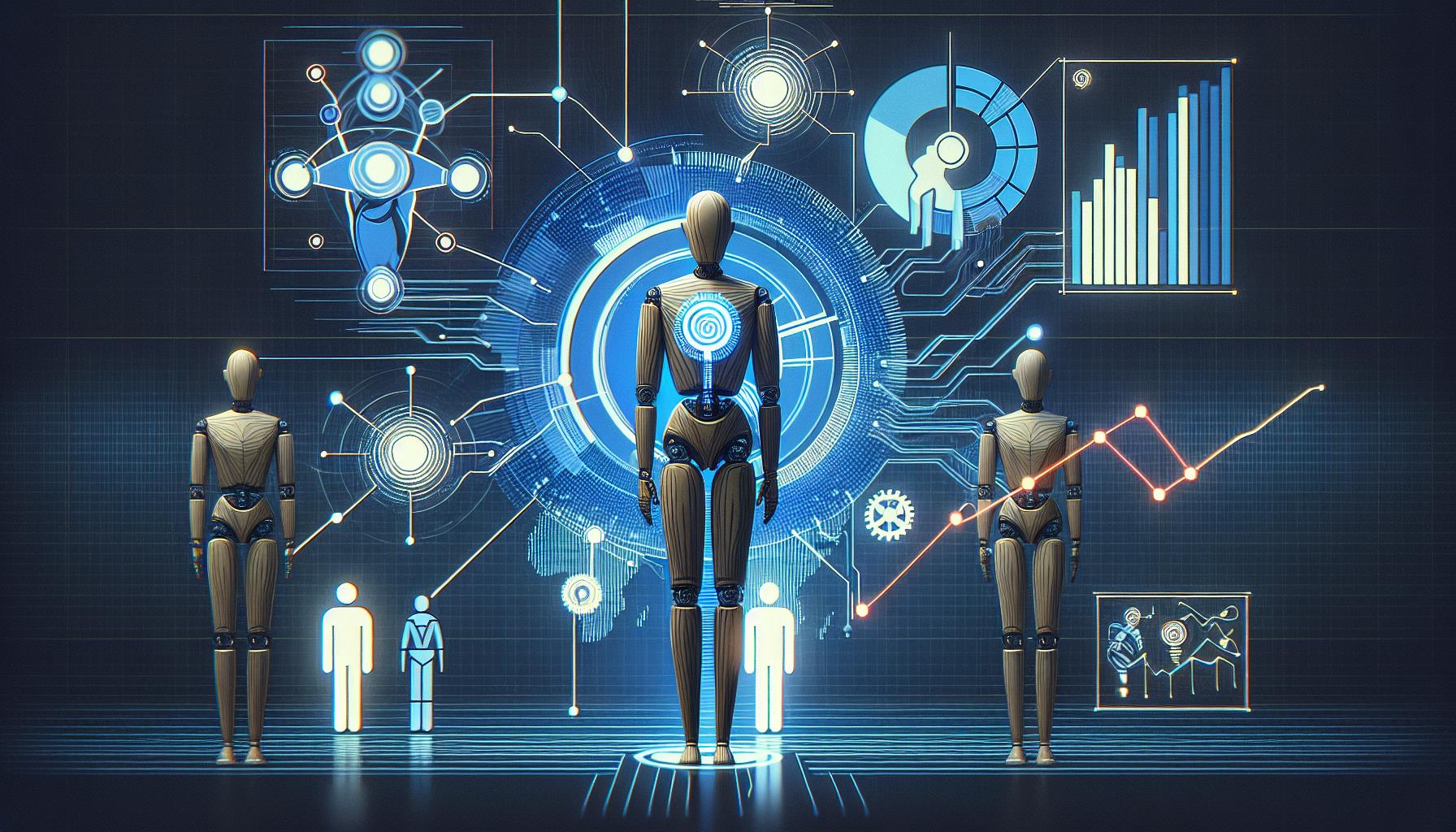The Expert Perspective
In the ongoing debate about the implications of Artificial Intelligence (AI) on the job market, a labor market specialist has emphasized a crucial point: “The important thing is not where AI might replace us in the future, but where we want to be replaced by it.” This expert has written extensively on the subject, outlining the various ways that AI can be effectively integrated into the workforce to enhance productivity and job satisfaction.
His viewpoint suggests a proactive approach to AI adoption, focusing on leveraging AI for tasks where it excels while allowing humans to focus on more meaningful and creative work. By doing so, AI can help halt the “dangerous trend” of job displacement and instead, enable a transformation in the structure of work that benefits both employers and employees.
Sara Weber’s Insight
According to Sara Weber, the structural landscape of work will undergo a complete transformation due to AI, yielding positive outcomes. In her book “Let Someone Else Do It!” (“Das kann ein anderer machen!”), Weber discusses in detail the opportunities AI presents. She aims to shift the public debate by emphasizing these points. In an interview with BuzzFeed News Germany, published by Ippen.Media, Weber argues for a focus on areas where AI can be beneficial.
She highlights that the conversation should not be dominated by AI-induced job losses but should instead celebrate the potential for more meaningful employment and the liberation from mundane tasks. AI can effectively manage large datasets and automate repetitive jobs, thereby increasing workforce efficiency and allowing employees to pursue more innovative and valuable activities.
Leveraging AI for Better Work
Weber calls for a shift from the fear of job losses to the recognition of AI’s ability to enhance work quality. She stresses that AI can relieve workers from monotonous and repetitive tasks, which can be mentally draining and time-consuming. By automating these tasks, employees have the opportunity to engage in more intellectually stimulating and fulfilling work.
This change not only boosts productivity but also improves job satisfaction and employee well-being. The integration of AI within the job market is, therefore, not an adversary but a tool that, when used correctly, can lead to a more dynamic and balanced work environment. By highlighting these advantages, Weber hopes to inspire a more positive public discourse on AI.
Summary
- An expert in the labor market argues for a focus on where AI can be beneficial rather than fearing job displacement.
- Sara Weber’s book “Let Someone Else Do It!” advocates for the structural transformation of work through AI, emphasizing positive outcomes.
- The automation of monotonous tasks by AI can free employees to engage in more meaningful and creative work, enhancing overall productivity and job satisfaction.
